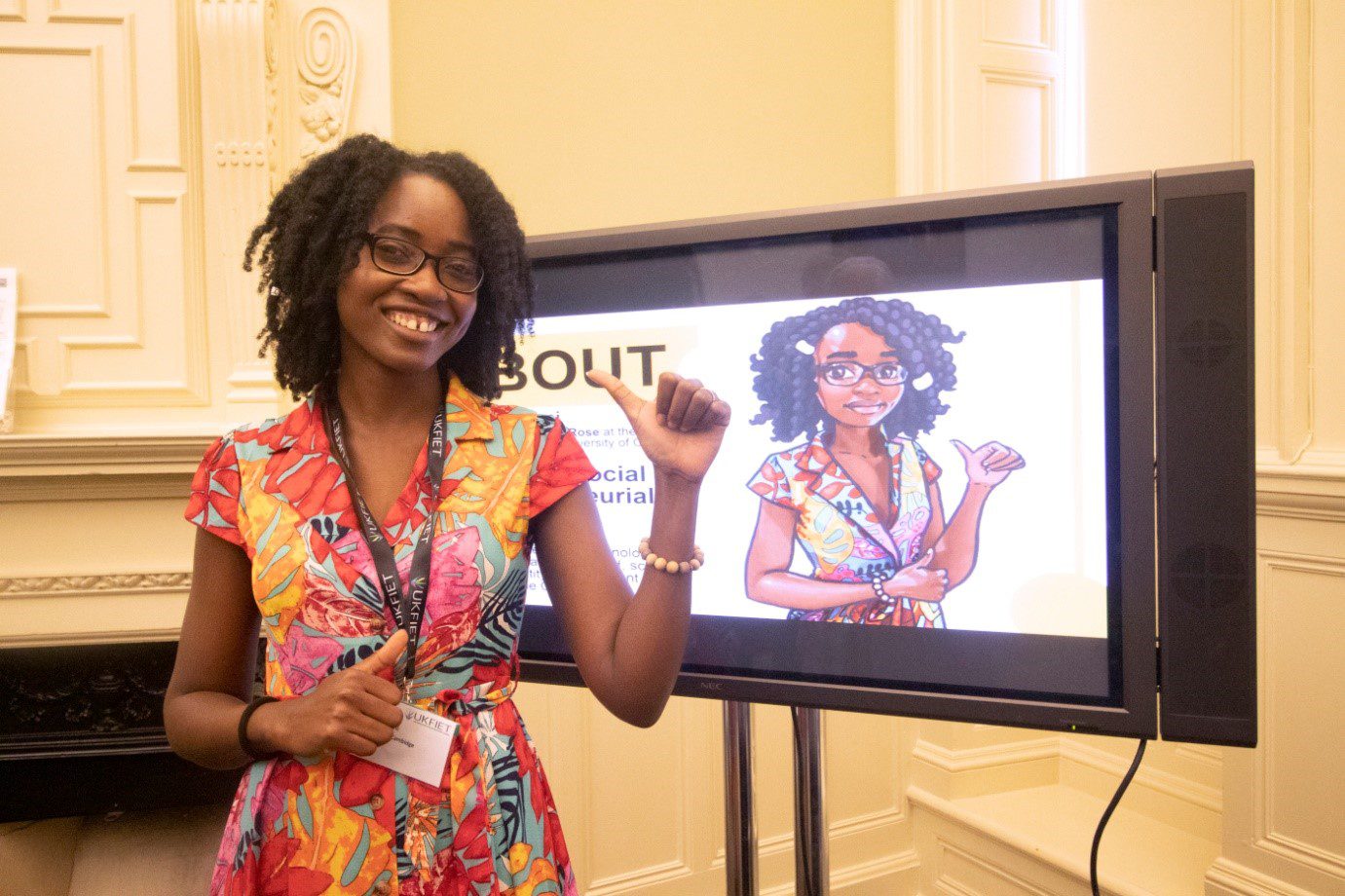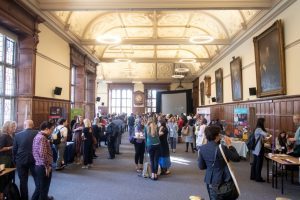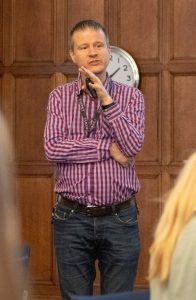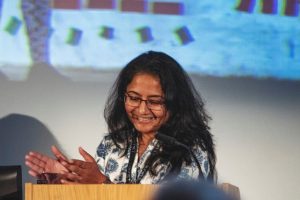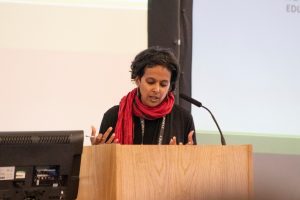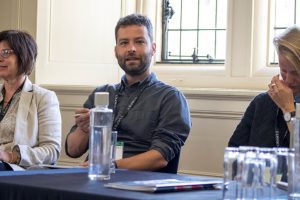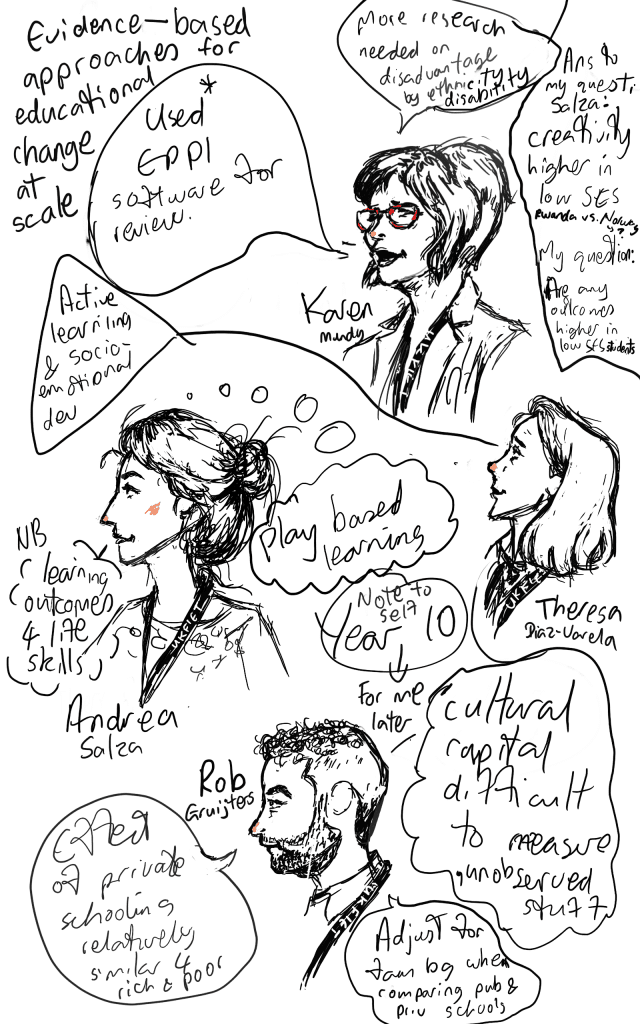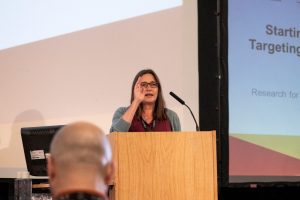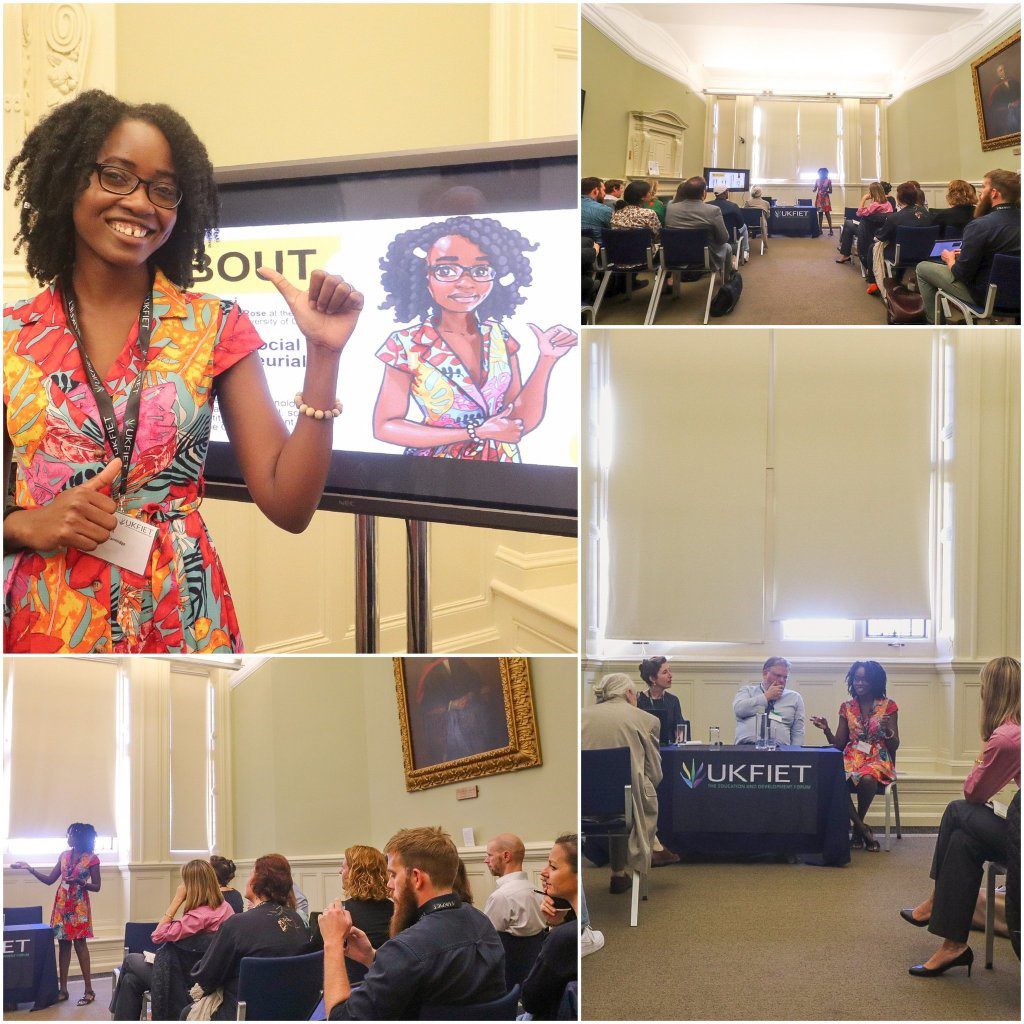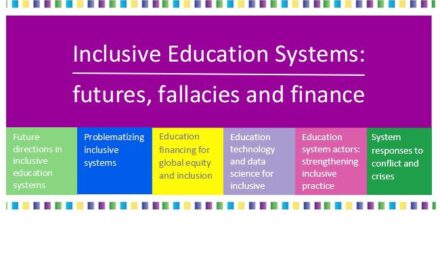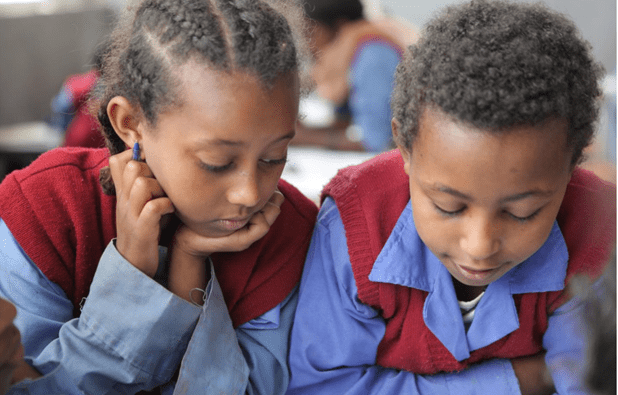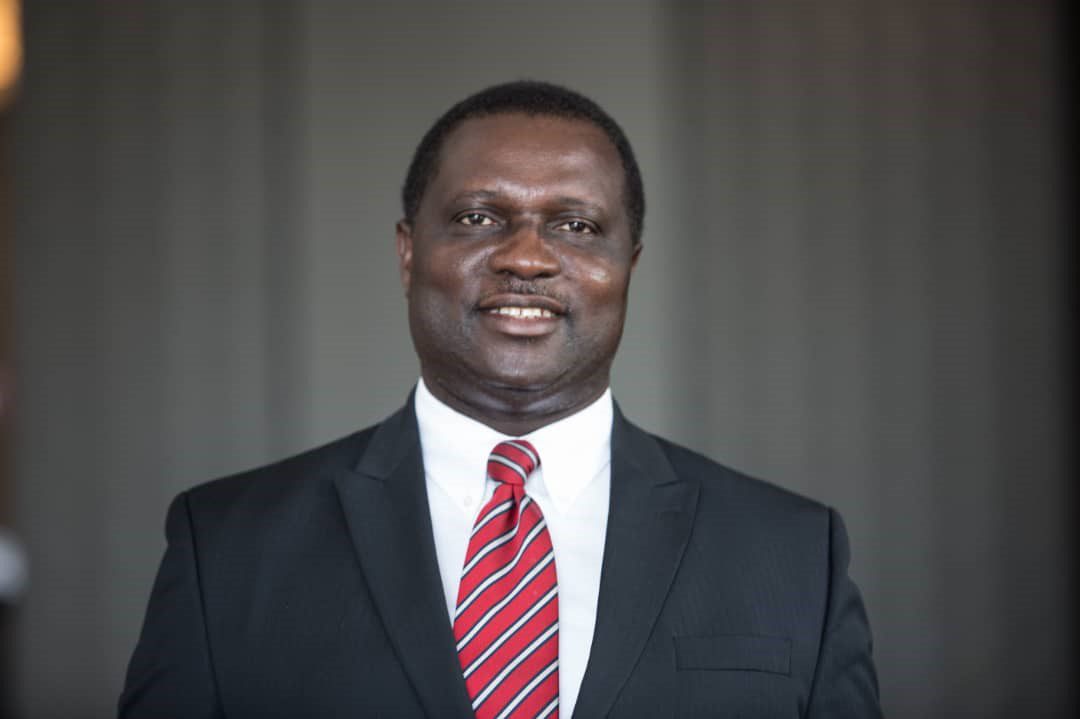By Kalifa Damani, Faculty of Education, University of Cambridge. This blog was first published on the FERSA University of Cambridge Blog on 21 October 2019.
A young Muslim woman knelt to pray, on a carpet she’d brought with her, filling the tiny space between our bunk beds in an Oxford hostel room for 6. It was my first day in Oxford, and we were a diverse bunch in that room, in a small space, with great reasons for being in that city. My reason was a conference: UKFIET to be exact. It was my first time attending. I went to learn about others’ research, to present my own, but also to network—something which UKFIET poll results, on the final conference day, revealed to be most participants’ chief aim. UKFIET is the UK Forum on International Education and Training. This year, the theme was “Inclusive Education Systems: futures, fallacies and finance”. The conference was to begin the following day.
Conference delegates trickled in at first but the venue was soon filled. The presentations began. I was excited but soon found myself feeling unexpectedly down and nervous. It was difficult to avoid envisioning some of the disadvantages discussed as being my own burden by extension: a strange sense of empathy and narcissism at once. The discussion of inclusive systems sounded like discussions about a distant extended family member, in another part of my Global home South. The presentations felt heavy, and I wondered where people gained the strength to shoulder them: Does the research subject not feel personal to them? Are they all incredibly strong? I felt weak and guilty: conscious of myself as a black person from the Global South, a lucky one, in a privileged space, reflecting on the stories of distant family who may never see those Oxford walls adorned with images of stolen ‘fantasy’.
Beyond my introverted pondering, the buzzing environment was initially intimidating. The coffee breaks let loose a crowd of people, hundreds, from various universities, international education consultancies, Ministries of Education and NGOs. Busily sharing knowledge and numbers; taking bites of delicious conference cookies and sips of coffee; laughing and having photos snapped with top priorities for the inclusion agenda, were all the order of the day. I’d come to network. I’d made gorgeous business cards and printed CVs to try to get that post-PhD job, but I felt paralysed, both with that strange sadness and with fear. After meeting old colleagues from the REAL centre though and making new ones from Nigeria to the USA to Trinidad and Tobago (my home country!), the conference’s intimidating air dissipated. I settled into the rhythm of things and was much more upbeat for days 2 and 3 of UKFIET.
Many REAL Centre academic staff either presented at, chaired or served as a discussant (or all three) at the conference. Perhaps most visible amongst them was Professor Nidhi Singal. She discussed educational opportunities available for children in low-income countries more broadly, as well as specifically to India and Pakistan, and gave thoughtful critique on perspectives surrounding systems, practice and research on inclusive education. Professor Pauline Rose, head of the REAL centre, also gave enlightening presentations. She spoke on ensuring that education for marginalized girls remains at the fore of the inclusivity agenda, and alongside Elizabeth Tofaris, discussed challenges associated with developing effective policy based on research.
REAL centre associate and an EdTech Hub director, Dr. Björn Haßler also led an interactive workshop on EdTech-use to develop 21st-century skills. The hub team solicited thoughts on how to create an ideal EdTech hub. In other sessions, Dr. Ben Alcott gave thought-provoking presentations on learning and equity, and on critical debates in early childhood care and education in the Global South. The latter session was chaired and discussed by another REAL member, Dr. Arathi Sriprakash, who not only chaired Dr. Alcott’s session but also gave an engaging presentation of her own paper on relational systems of inclusion and exclusion. Dr. Rob Gruijters also presented on learning outcomes in South Asia and East Africa, particularly as they related to private schooling. ‘Adjust for family background when comparing public and private schools’ was one of the brief notes I doodled of the session. Dr. Lousie Yorke and Dr. Emma Carter also presented, but on systems reforms for disadvantaged children (associated with the RISE Ethiopia project), and literacy and numeracy achievements respectively. Finally (at least amongst REAL staff), Dr. Ricardo Sabates served as a co-convener of one of the conference themes — Future directions in inclusive education systems. He was hard at work ensuring that things ran smoothly for everyone. He also chaired an interesting session called ‘Understanding exclusion through disability lenses’. The questions and comments he channelled and asked of the presenters proved to make the session even more valuable. PhD student, Meghna Nag Chowdhuri presented at that session, giving insight into difficulties children faced, ranging from anxiety to hearing, and how those difficulties related to socioeconomic factors and inclusion.
REAL Center PhD students, Janice Kim and Stephen Bayley gave informative and insightful presentations on Early Childhood Education as a building block for inclusive education systems, and encouraging creative and flexible thinking respectively. Mansi Manda, though unable to attend UKFIET, was a contributor to work, on improving accountability through grassroots initiatives in rural India, that was presented at a symposium. Christine Ellison and Patrick Montjourides respectively encouraged deep thinking on political issues in Ghanaian education, and equity in academic literature during their presentations. Patrick also served as a co-convenor for the theme “Education Technology and data science for inclusive systems”. REAL centre member Seema Nath served as a conference rapporteur and a very hardworking one at that! She was everywhere and was undoubtedly an important part of ensuring that UKFIET ran smoothly.
Overall it was a great conference. I came back from it more knowledgeable, with more friends and colleagues and feeling more confident in my presentation and networking skills than when I arrived (I received many compliments on how entertaining and engaging of a speaker I am ^_^). I certainly would encourage others to go if that opportunity arose for them.
Kalifa Damani is part of the EdTech Hub and REAL centre. Her research explores adolescent students’ academic, social and entrepreneurial self-confidence and how that confidence might be impacted by their technology use and socioeconomic background.
Kalifa can be contacted on: kalifadamani@gmail.com and is on Twitter @KalifaDamani.

